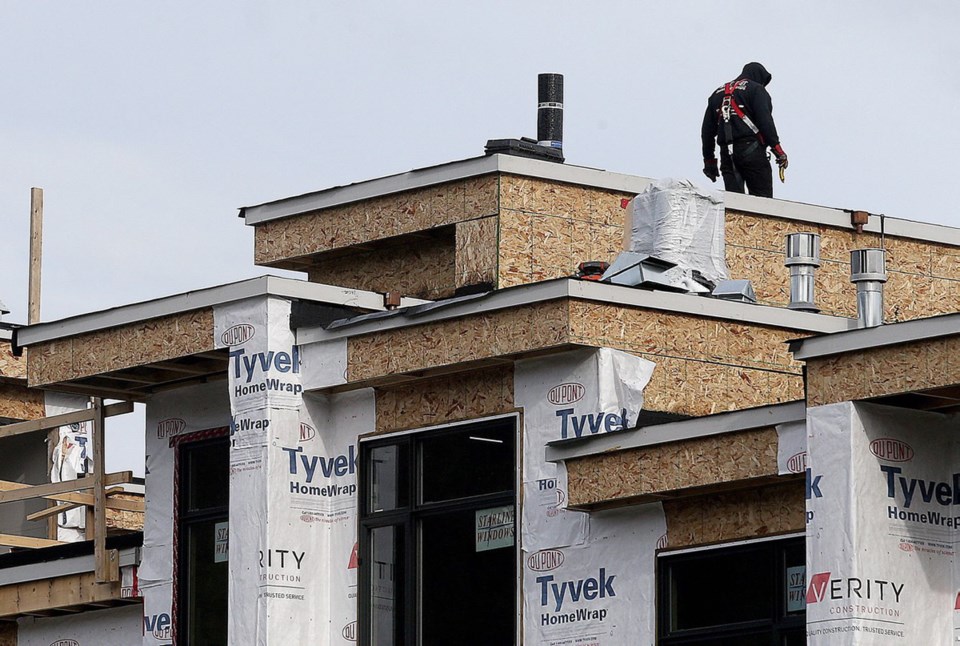As the real estate market soared in recent years, experts were divided about why prices kept rising. And now, there is little agreement about what is needed as sales and prices fall.
This week, developers gathered for an industry lunch to hear Andrew Ramlo, vice-president of market intelligence at Rennie Group, talk about what he called real estate market myths, including the notion that “we have more than enough [housing] supply to satisfy demand.”
Many observers believe the current market downturn is due to the retreat of Chinese money, a range of taxes targeting homes being used as speculative investments, as well as mortgage stress testing aimed at protecting overextended borrowers. Housing starts are projected to fall as weakening demand has some lenders thinking about cutting losses and backing away from financing developers, investors and end-users. The provincial government and others see this as needed relief in a market that was badly overheated.
But, in fact, adding more new homes is still needed in order to keep prices tempered, said Ramlo.
It’s a refrain oft-repeated by the industry and some academics, but rebutted by critics who say developers are motivated by profit margins to only build expensive properties.
Ramlo added that housing-start numbers do not take into consideration the demolitions that happen in tandem. He estimates that while 23,000 net new housing starts a year are needed in the next decade to accommodate population growth due to immigration and changes such as young people moving out of their parents’ homes, they are set to fall from 24,000 to about 17,000 by 2021.
This has the potential to lead to more expensive housing, he said.
He said that in the past 23 years, the population of the Lower Mainland has grown by 868,000 people, and that in the next 23 years, it will add another 1.1 million, based on immigration, migration and natural growth projections.
Ramlo said that while terms such as “affordability” and “availability” have prevailed in the real estate conversation, a new word will be “efficiency” — in reference to the number of baby boomers who are empty-nesters and now “overhoused” in their single-family homes.
“How can we induce them out of their house or have it be developed into two units?”



